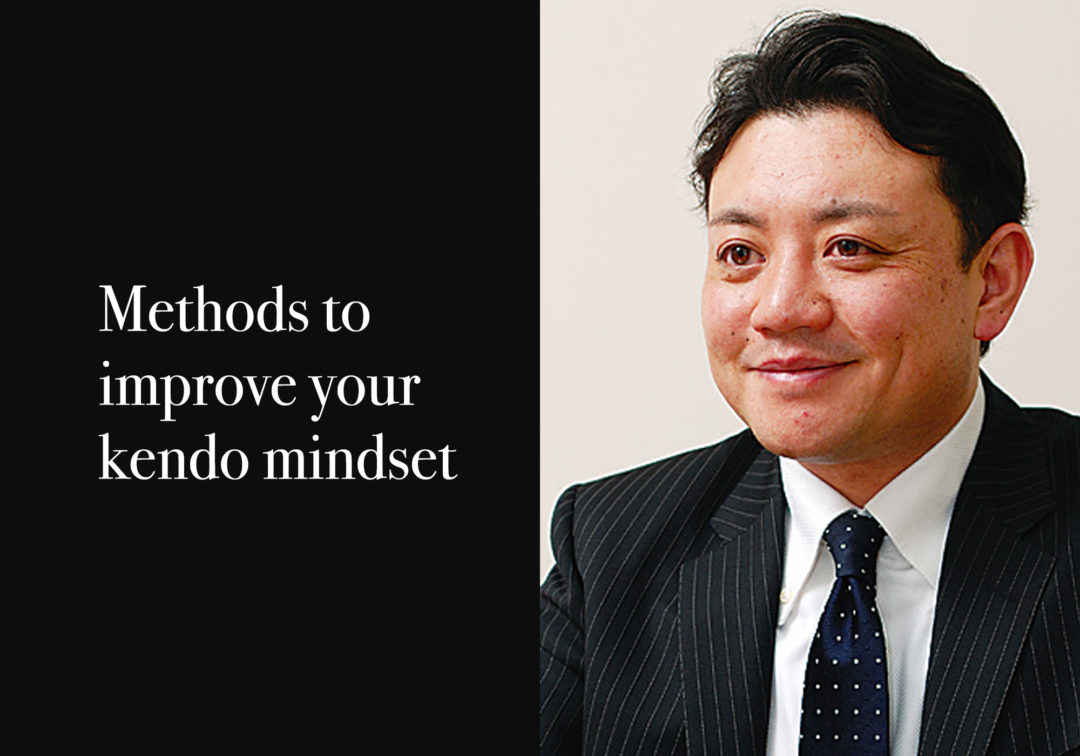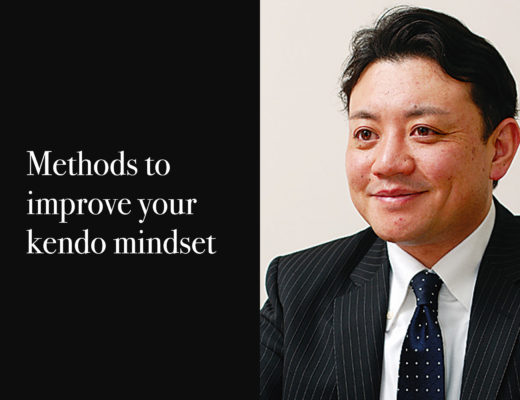What I was aiming for in this writing was not just to show the knowledge and topic of difficult psychological research, but also to point out what different generations of swordsmen and athletes have been feeling, thinking and doing in their daily lives while being as specific and as easy-to-understand as possible based on psychological theory and methodology. Each article is based on developing a story that links a psychological theme with kendo and everyday situations. Even if you end up keeping in mind only one of these phrases, it will be a great pleasure for me as an author if that becomes the foundation of your kendo tomorrow.
Yano Hiromitsu
Born in Yuzawa City, Akita Prefecture in 1968. Graduated from Tokai University’s Faculty of Physical Education in kendo followed by the Tokai University Graduate School of Physical Education (Sports Psychology). Graduated from Nagoya University Graduate School of Education and Development Science (Psychology). Ph.D.(Psychology).
Currently a professor at the Kochi University Department of Education. As a sports psychology specialist, he worked on support for various competitions and at the same time directed the Kendo Club at Kochi university. He is also active internationally, including the position of Swedish National Kendo Team Director (2006). He has consistently developed research activities focusing on the connection between mind and body. Participated in the All Japan East-West Kendo Tournament receiving the Excellent Match Award. Kendo 7th Dan Kyoshi.
Changing wording changes action
People’s thinking (thoughts) can be broadly classified into positive (positive, affirmative, forward-looking) and negative (negative, denying, backward-looking). And it is often pointed out that it is important to think positively about things. However, in reality, it is also true that we get into trouble when we cannot do so.
In Kendo as well, when negative thoughts surface during Shiai or examination, we tend to think that we may lose in the end, or that our opponent is so strong that none of our techniques will work, and we become flustered. However, we cannot predict the outcome of Shiai or examination because it is something that will happen in the future.
Psychological research has shown that thoughts of anticipation are unconsciously connected to actions, and the situation is more likely to become a reality. This is because thoughts and actions interact with each other. If this is the case, then worrying and fretting about the unknown is deliberately limiting one’s own influence and making the outcome worse. In this article, I want to focus on how to change negative thoughts into positive ones.
The rest of this article is only available for Kendo Jidai International subscribers!



